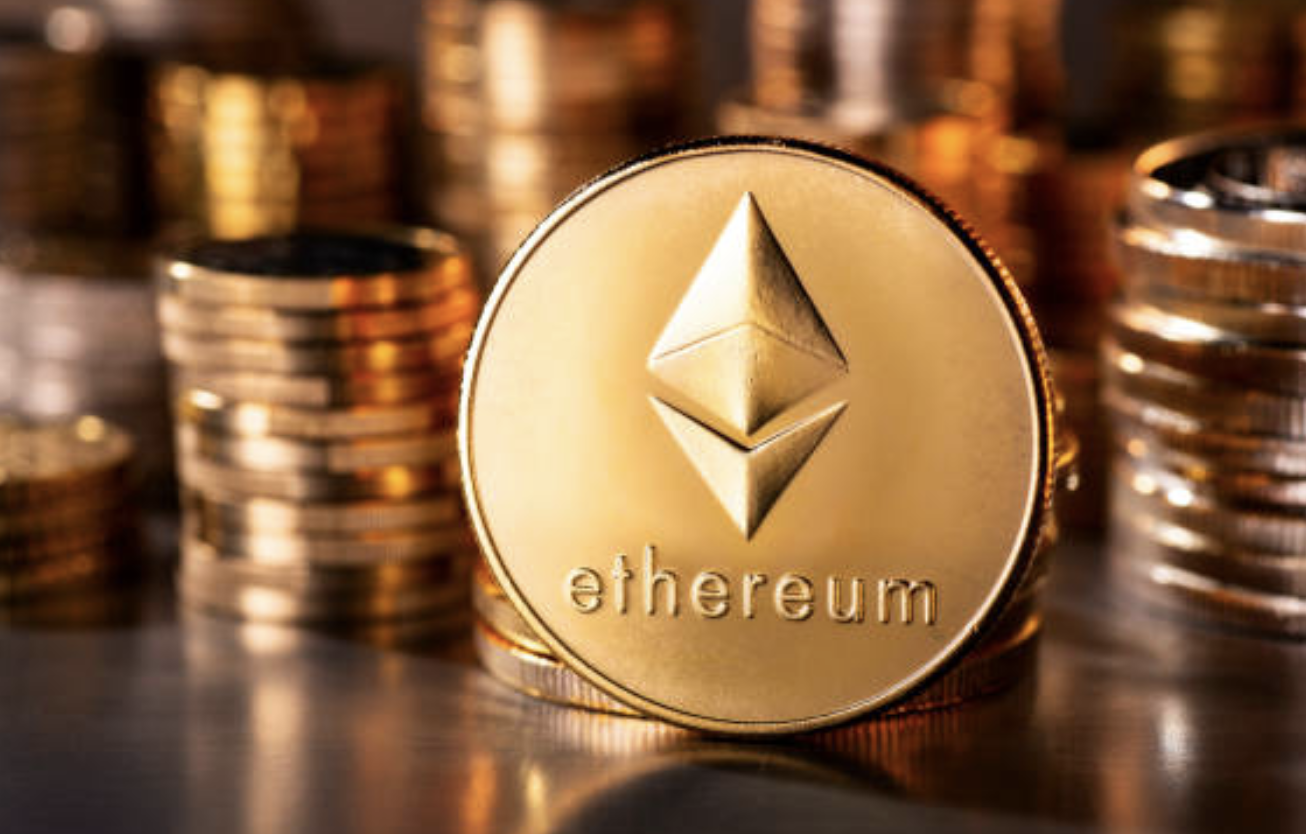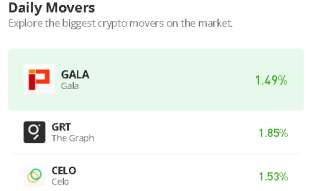Join Our Telegram channel to stay up to date on breaking news coverage
The Ethereum blockchain recently experienced technical difficulties resulting in interruptions to block finalization, leading to concerns about the network’s security. These issues occurred for the second time within 24 hours, raising doubts about Ethereum’s stability and reliability.
Developers and experts are actively investigating the cause to determine whether it stems from a flaw in the protocol design or a bug. While on-chain activities were not directly affected by the lack of finality, some services had to adjust their operations.
Ethereum’s network remains functional, and steps are being taken to improve its stability and performance to regain the trust of builders and users alike.
Technical Issues Hinder Ethereum’s Block Finalization – Transactions Pending!
The Ethereum blockchain faced a technical problem on Friday, leading to a disruption in the finalization of blocks for over an hour.
This incident marked the second occurrence within a 24-hour period, causing significant concerns about the security of the network, which is the second-largest blockchain by market capitalization.
The Ethereum Foundation stated that when block finalization is halted, there is a possibility that pending transactions may be re-ordered or dropped from the network.
Although the network has now resumed block finalization, this was not the first instance of performance issues for Ethereum. Just the day before, the chain experienced a similar problem where finality paused for approximately 25 minutes.
These repeated disruptions raise questions about the stability of Ethereum, which has been widely recognized as one of the most reliable networks in the market.
The potential impact of Ethereum’s stability issues extends beyond the concerns of individual users. Builders and developers may start to view Ethereum with skepticism, as network reliability is crucial for attracting users and capital to blockchain platforms.
Toghrul Maharramov, a developer at the Ethereum infrastructure startup Scroll, expressed his thoughts on the situation, stating that while he is not overly concerned, it is far from an ideal situation.
To understand the cause of these disruptions, it is necessary to thoroughly investigate what actually happened and determine whether it was a flaw in the protocol design or a result of a bug.
Amidst the uncertainties, a self-proclaimed Ethereum Beacon Chain community health consultant known as Superphiz.eth took to Twitter to clarify that the lack of finality does not stop transactions from occurring.
Superphiz.eth emphasized that the absence of finality had zero impact on-chain activity during the recent disruptions. However, certain services built on top of Ethereum, such as the popular crypto exchange platform DYdX, had to temporarily pause deposits due to finality issues. They are closely monitoring and investigating the situation.
Superphiz.eth also warned validators, who operate the network, to be prepared for potential future incidents. The consultant advised them to consider upgrading their hardware specifications if possible, switching to a minority client, and applying available patches.
Superphiz.eth provided reassurance that Ethereum’s blockchain remains operational and will ultimately achieve finality, despite the difficulties encountered.
Ethereum Developers Strap In For Dencun Upgrade After Shapella Made a Success
Following the successful Shapella Upgrade that facilitated staked ETH withdrawals, Ethereum developers are now gearing up for their next major upgrade called Dencun. This upgrade aims to bring significant improvements to the Ethereum blockchain platform.
Dencun, derived from the combination of “Deneb” and “Cancun,” represents a milestone in the evolution of Ethereum. “Deneb” refers to the execution layer, housing the protocol rules, while “Cancun” represents the consensus layer responsible for block validation.
Dencun incorporates multiple Ethereum Improvement Proposals (EIPs) into the network’s code, including EIP-4844, EIP-6780, EIP-1153, and EIP-6475. These EIPs have undergone rigorous review processes by the Ethereum community and gained approval before being integrated into the Dencun upgrade. Each EIP plays a specific role in enhancing Ethereum’s execution layer.
At the heart of Dencun lies EIP-4844, affectionately known as “proto-dank sharding.” This feature serves as the foundation for reducing gas fees associated with layer 2 roll-ups and expanding the blockchain’s scalability by increasing the capacity for data “blobs.” Due to its complexity and significance, EIP-4844 takes precedence over the Shapella Upgrade, which primarily focused on staked ETH withdrawals.
The Ethereum development team plans to make Dencun live in the second half of 2023. This upcoming upgrade symbolizes a crucial step forward in optimizing Ethereum’s performance, enabling smoother and more cost-effective transactions on the network.
As the Ethereum ecosystem continues to evolve, Dencun sets the stage for a more efficient and scalable blockchain platform. By integrating innovative features and addressing key challenges, Ethereum developers aim to enhance user experiences and unlock new possibilities for decentralized applications and smart contracts.
Individuals must follow Ethereum’s social handles for more updates on the progress of the Dencun upgrade as Ethereum advances towards a brighter future.
What is EIP4844?
While it may not intrigue everyone, those following Ethereum for the tech will be pretty excited to know about EIP4844.
The Ethereum Improvement Proposal (EIP) introduces an additional data layer into the Ethereum network, creating a seamless point of interaction between the existing consensus layer and execution layer. This integration enhances the network’s capabilities and fosters smoother communication between the different layers of the Ethereum ecosystem.
EIP4844 inclusion will also bring “data blobs” into the picture. They will help to tackle the rising transaction costs and will relieve the burden caused by growing block sizes.
This upgrade will help the level 2 roll-ups very efficiently. Due to the smaller size of the blobs, the data retrieval will be much more efficient and quicker. And since these blobs are not stored permanently, it could result in a reduction in gas fees.
Protocol Support Lead at Ethereum, Tim Bieko conducts bi-monthly meetings. This time, he opened the meeting by mentioning that if anyone wants to include some changes with “Cancun”, he can put it in the agenda as he said that they want to keep the scope open.
No dates were revealed on Thursday regarding the timing of the Dencun update, although the developers have said in the past that they are aiming to push it live by the second half of 2023. Before the full scope of Dencun is revealed over the next few weeks the developers are testing out the EIPs before they solidify what other proposals will make it into the next big hard fork.
Related Articles
- Best Altcoins to Buy
- How to Buy Ethereum?
- ETH Price Prediction – Where is the Biggest Altcoin Headed?
Join Our Telegram channel to stay up to date on breaking news coverage


